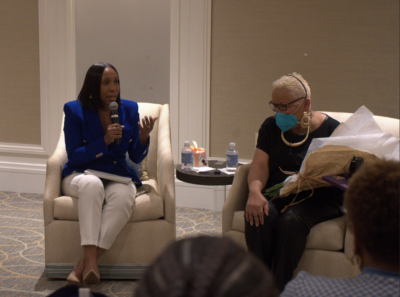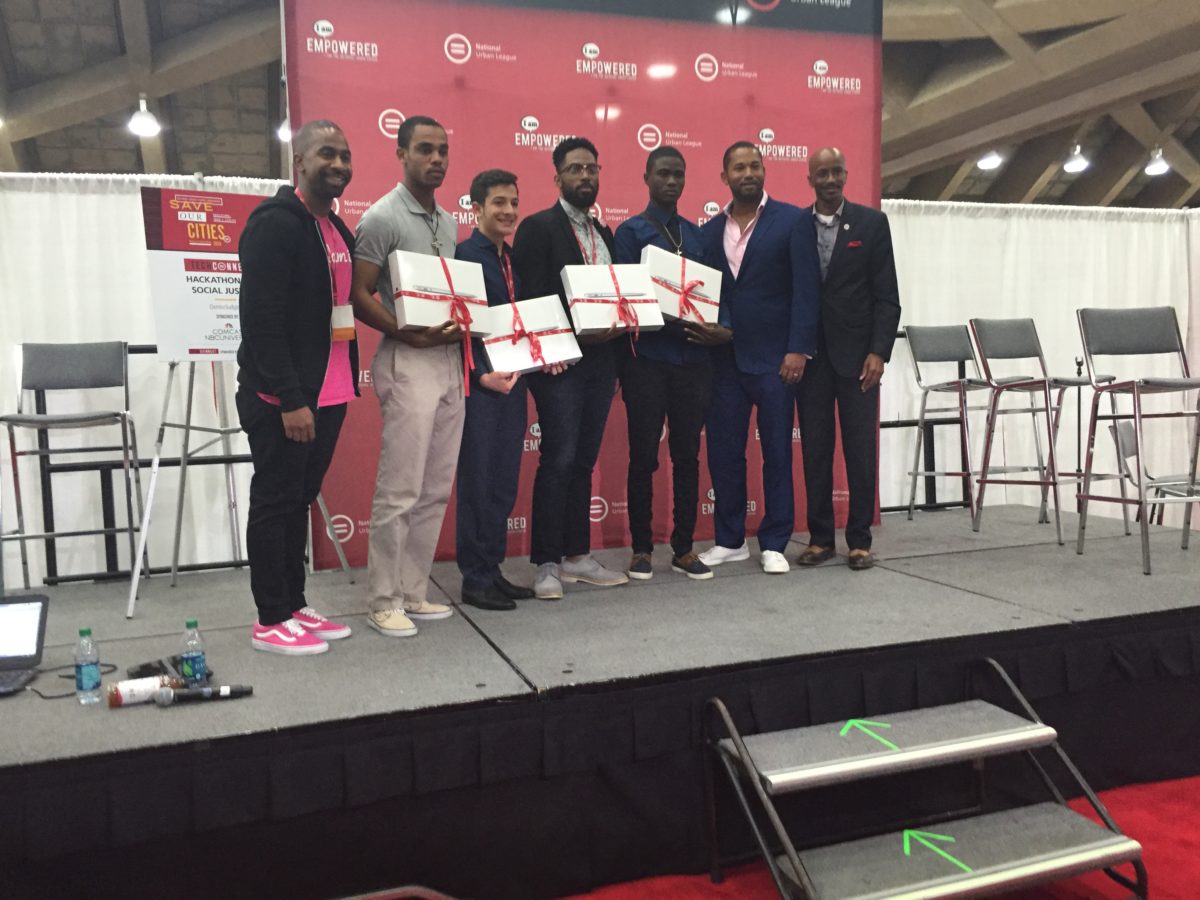With hip-hop hits wafting over from the next booth, hackathon teams showed how they applied tech to issues like transportation, food deserts and police-community relations.
The teams from five cities, including Baltimore, competed in the the Hackathon for Social Justice. The event was held during the two-day TechConnect Summit at the National Urban League’s conference at the Baltimore Convention Center.
Most of the teams weren’t exclusively made up of devs, bringing a rigor to the development of ideas as well as products. The thinking behind each concept turned the usual hackathon emphasis on producing working projects on its head. With its MunCHI app, the Chicago Urban League team put more emphasis on showing that tech could be a conduit for directing people to black-owned restaurants with healthy food than getting a working product.
Here’s a look at the five projects:
UnityasOne (First Place)
Three members of the Miami Urban League team described themselves as police officers by 2017. From this perspective, Jonathan Felix, Carlos Garcia and Jerry Paret said they wanted to work to create better relations with police. Along with Jemiah Sius, they conceptualized a web app that provides information and engagement around violent police incidents. Along with news about the individual cases, the app would also include notifications about when incidents are taking place. Police can easily call for backup when an incident happens, and the members of the community should have the opportunity to get the same, they said.
Team STEM (Second Place)

Eric Vignola presents. (Photo by Stephen Babcock)
Eric Vignola, a computer science student at American University, created a platform where teachers can create digital education content without having to know much about code. The platform utilizes procedural content generation, which uses algorithms to create data. His use of Unity also points to gamification.
Products of Our Environment (Third Place)
The Baltimore-based duo of Aaron Christmas and Amanda Smith sought to address the dual issues of climate change and job-stifling commute times through a web-based game that creates incentives for using environmentally-friendly transit. A version is already live.
MunCHI
Addressing the need for more healthy, local options in food deserts, the Chicago Urban League team’s web app features a restaurant search to help users find black-owned eateries.
The Chicago team is hacking away-apps for social justice! #SaveOurCities #comcasthackathon pic.twitter.com/tqbqZdPek0
— Shari Runner (@sharirunner) August 6, 2016
Just Us

The New York Urban League team.
Members of the New York Urban League Tech Center built a website to help users search for community gardens in a given area, and included features so people could sign up to get involved.
Join the conversation!
Find news, events, jobs and people who share your interests on Technical.ly's open community Slack
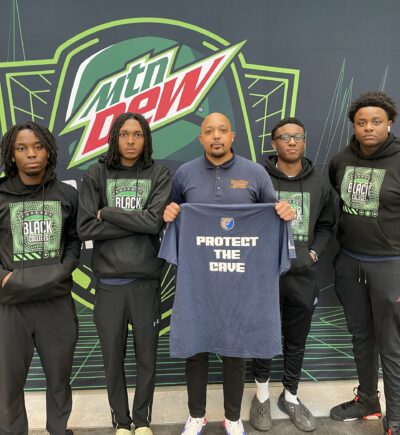
This Black gaming advocate has a mission to transform education through esports
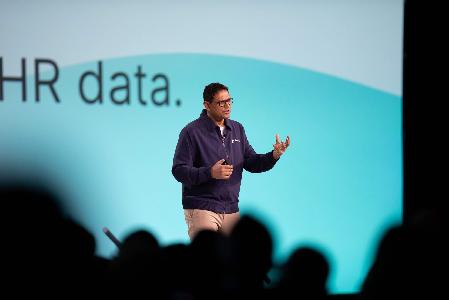
Is AI really something new — or just the next big technology platform?
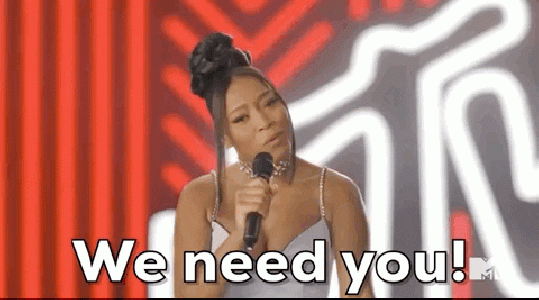
This Week in Jobs: Get out there with 22 new job opportunities available to you!
